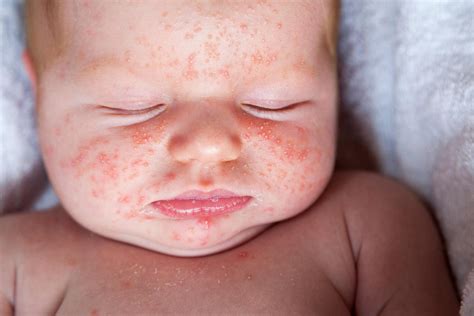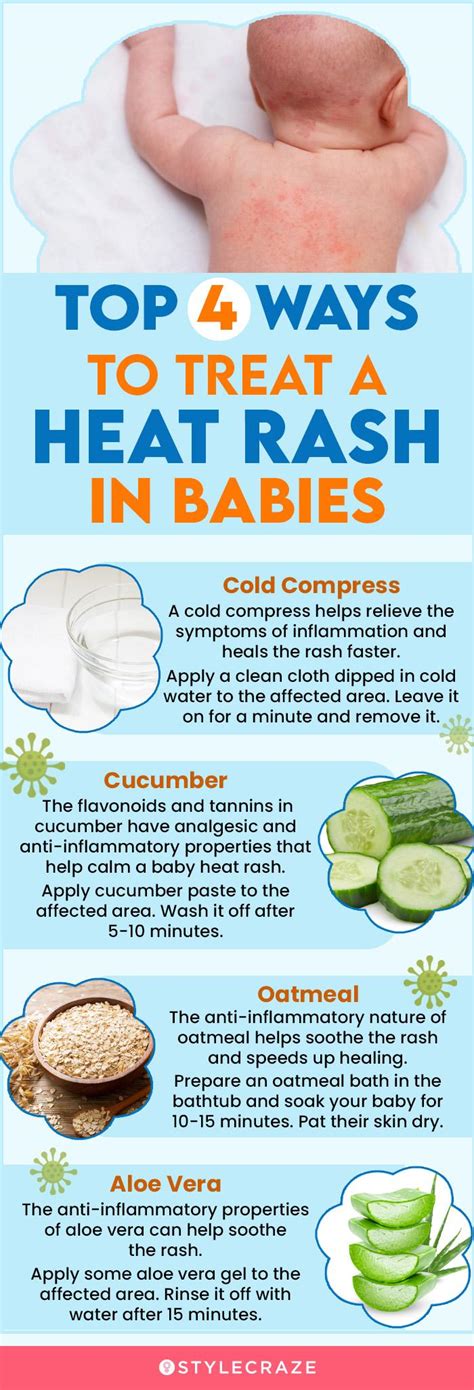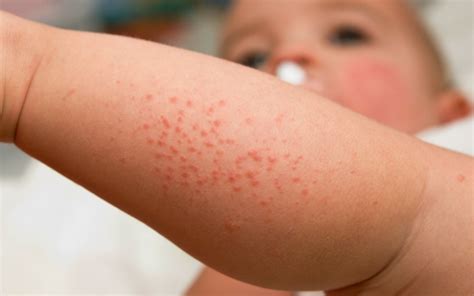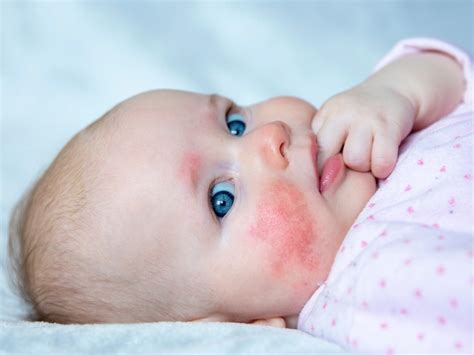Intro
Discover infant rash on face causes, symptoms, and remedies. Learn about acne, eczema, and heat rash treatments for babies, including natural home remedies and prevention tips.
Infant rash on the face is a common concern for many parents. It can be alarming to see a red, itchy, and inflamed rash on your baby's delicate skin. However, most infant rashes are harmless and can be treated with simple remedies. Understanding the causes and symptoms of infant rash on the face can help you take the necessary steps to soothe and calm your baby's skin.
Infant rashes can be caused by a variety of factors, including skin irritation, allergic reactions, and infections. Some common causes of infant rash on the face include eczema, acne, and contact dermatitis. Eczema, also known as atopic dermatitis, is a chronic skin condition that causes dry, itchy, and inflamed skin. It is common in infants and can appear on the face, scalp, and extremities. Acne is another common skin condition that can cause red, inflamed bumps on the face. Contact dermatitis is a skin reaction that occurs when the skin comes into contact with an irritant, such as soap, lotion, or fabric softener.
Infant rash on the face can be distressing for both babies and parents. The rash can cause discomfort, itching, and pain, which can lead to fussiness and irritability in babies. In some cases, the rash can also lead to complications, such as skin infections or scarring. Therefore, it is essential to identify the cause of the rash and seek medical attention if necessary. By understanding the causes and symptoms of infant rash on the face, you can take the necessary steps to soothe and calm your baby's skin, reducing the risk of complications and promoting healthy skin development.
Types Of Infant Rash On Face

Causes Of Eczema In Infants
Eczema is a complex condition that involves a combination of genetic, environmental, and immune system factors. Some common causes of eczema in infants include genetic predisposition, environmental allergens, and skin barrier dysfunction. Infants with a family history of eczema are more likely to develop the condition. Environmental allergens, such as pollen, dust, and pet dander, can also trigger eczema symptoms. Skin barrier dysfunction, which can be caused by dry skin, soap, or other irritants, can also contribute to eczema.Remedies For Infant Rash On Face

Benefits Of Breast Milk For Infant Rash
Breast milk is a natural remedy that has been used for centuries to soothe and calm infant rash. It has antibacterial and anti-inflammatory properties that can help reduce inflammation and promote healing. Breast milk also contains antibodies that can help protect the skin from infection. In addition, breast milk is easily absorbed into the skin, making it an effective moisturizer for dry, itchy skin.Prevention Of Infant Rash On Face

Importance Of Skin Care In Preventing Infant Rash
Skin care is essential in preventing infant rash on the face. Keeping the skin clean and dry can help reduce the risk of skin infections and other complications. Avoiding harsh soaps and lotions can also help reduce the risk of skin irritation and allergic reactions. In addition, dressing infants in breathable clothing can help keep the skin cool and dry, reducing the risk of heat rash and other skin conditions.When To Seek Medical Attention

Signs Of Infection In Infant Rash
Signs of infection in infant rash can include redness, swelling, pus, and a foul odor. If you notice any of these signs, seek medical attention immediately. Infections can spread quickly in infants, and prompt treatment is essential to prevent complications. Your pediatrician may prescribe antibiotics or other medications to treat the infection, and may also recommend topical creams or ointments to soothe and calm the skin.Conclusion And Final Thoughts

What are the most common causes of infant rash on the face?
+The most common causes of infant rash on the face include eczema, acne, contact dermatitis, and heat rash. These conditions can be caused by a variety of factors, including genetic predisposition, environmental allergens, and skin barrier dysfunction.
How can I prevent infant rash on the face?
+Preventing infant rash on the face requires a combination of good skin care habits and avoidance of common irritants. Keep the skin clean and dry, avoid harsh soaps and lotions, and dress infants in breathable clothing. Also, avoid exposing infants to common allergens, such as pollen, dust, and pet dander.
When should I seek medical attention for infant rash on the face?
+Seek medical attention immediately if the rash is accompanied by a fever, vomiting, or difficulty breathing. You should also seek medical attention if the rash is severe, widespread, or does not respond to treatment. Additionally, if you notice any signs of infection, such as redness, swelling, or pus, seek medical attention right away.
